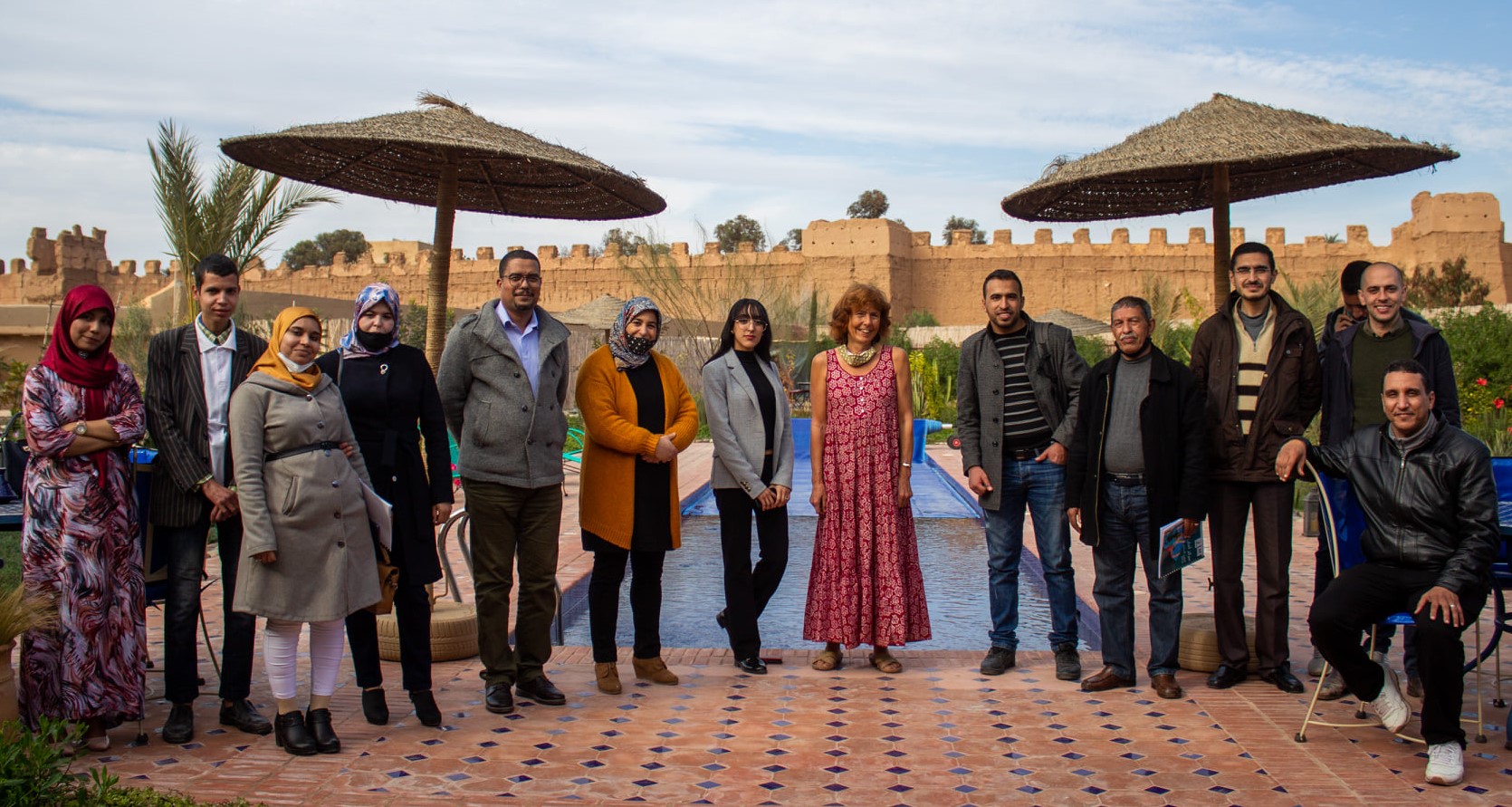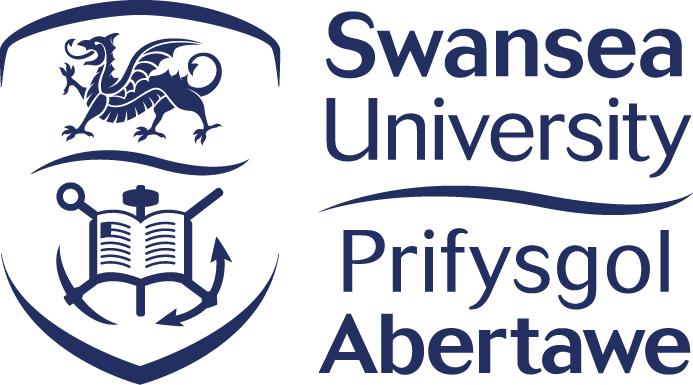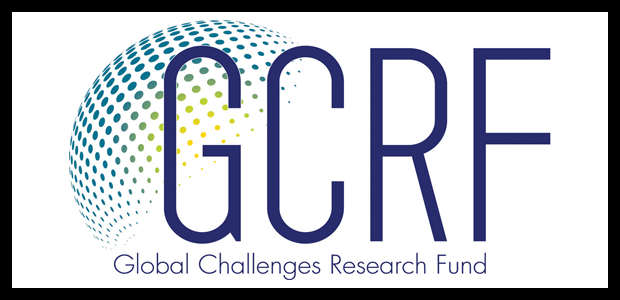All our research projects are grounded within Participatory Action Research (PAR) which actively values and includes the opinions of all stakeholders in the research process as co-researchers. By engaging with stakeholders from different social groups independently and then providing them the opportunity to reflect on the results together, we continuously seek to promote the active participation and engagement of all community members. In so doing, the research process itself will become ‘action’ via supporting the development of all participants’ ability to engage, express their thoughts and opinions, and come together to critically reflect on their shared experiences.
We envisage long-term sustainable effective change is possible by working collaboratively alongside researchers, professionals, and civil society from across the Maghreb – Algeria, Libya, Mauritania, Morocco, Tunisia. Our long-term goal is to build our knowledge base, networks of implementing partners in the Maghreb, and research experience in order to contribute to a large-scale stepped-wedge cluster-randomised trial of social interventions to improve child health outcomes throughout the Maghreb region.
IMPact – Improving child welfare in southern Morocco: engaging with local families and stakeholders to develop safeguarding and fostering policies

IMPact is a collaboration with researchers from Swansea University (UK), the University of Pittsburgh (USA), New Zealand, and Australia and is funded by Global Challenges Research Fund (GCRF) through the United Kingdom Research and Innovation (UKRI). IMPact was a pilot project which we hope to use as a stepping-stone to conduct future large scale research of social interventions in response to child abuse and neglect in the Maghreb region. Our vision is to contribute to locally developed research, strategies, and interventions responding to child abuse and neglect that can be replicated in Morocco, throughout the Maghreb region, and in other Low and Middle Income Countries.
Institutionalisation of children is a significant public health problem across the world affecting populations into adulthood and across generations. With one in every thirty children in Morocco currently in institutional settings, Morocco has one of the highest rates of institutionalisation in the world. This is due to the:
In response, we engaged with local families and stakeholders to develop safeguarding and fostering policies. This was by conducting a review of the literature, focus groups with child protection professionals, women and men from the local community, and children in residential centres, interviews with key child protection actors, and inviting individuals from all target groups to participate in workshops to co-develop policy briefs on safeguarding and alternative care to be published and shared with legislators.
Dr. Fadi Baghdadi, Programmes Officer, Moroccan Children’s Trust, London, United Kingdom
Professor Helen Snooks, Professor of Health Services Research, Swansea University Medical School, Swansea University
Professor Ann John, Professor of Public Health and Psychiatry Swansea University Medical School, Swansea University
Dr. Ashra Khanom, Project Manager, Research Fellow of Health Services Research, Swansea University Medical School, Swansea University
Dr. Christopher Hands, CEO, Moroccan Children’s Trust, London, United Kingdom.
Mr. Abdellah Soussi, President, Fondation Amane Pour la Protection de L’Enfance, Taroudant, Morocco
Dr. Mary Elizabeth Rautkis, Child Welfare Education and Research Programs, The University of Pittsburgh, United States of America
Professor Sana el Mhamdi, Faculty of Medicine of Monastir, University of Monastir, Tunisia,
Mr. Ilyas Khlifi, Research Assistant
Ms. Hajar Korda,Patient and Public Involvement Member
In IMPact, we conducted several research activities which included the following:
In 2021, IMPact is expanding out to Tunisia and we are conducting focus groups in Monastir (Tunisia) with participants who are:




We support international research students by hosting them at FAPE and providing in-country professional supervision, knowledge, and experience:
Roy, O. (2021). Participatory Strategy planning with Moroccan Children’s Trust (MCT) and La Fondation Amane pour la Protection de l’Enfance (FAPE): How can the Appreciative Inquiry model be used as a virtual method of Organisational Learning? (Masters Dissertation).
Institute of Development Studies, The University of Sussex, UK.
Berwick, L.V. (2017). Single Mothers in Morocco: Social Stigma and Struggle for Identity, Near and Middle Eastern Studies of SOAS (Masters Dissertation). University of London, UK.
Whybrow, R. (2017). The Paradoxes of Community-led Development: Community Perspectives on Child Protection in Taroudant, Morocco (Masters Dissertation). School of Social and Political Science, The University of Edinburgh, UK.
Booth, S. (2016). Ineds N’Itrane: A women’s group in southern Morocco Consciousness, crochet, and collective childcare practice (Masters Dissertation). Children, Youth and International Development, Department of GED, Birkbeck, University of London, UK.
Wu, C. (2015). The Advantages of Conducting Participatory research with Marginalized Children: A Case Study on Moroccan Children’s Trusts Research with street-connected children in Taroudannt, Morocco (Masters Dissertation). School of Social and Political Science, The University of Edinburgh, UK.
Perry, J. (2013). Headcount of Street Children in Taroudannt, Southern Morocco (Masters Dissertation). University of North Carolina, USA.